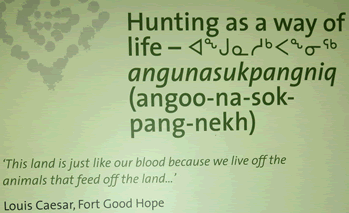When visiting a foreign country, or even of different region of your own country, you may notice that people greet each other in different ways. For example, in the UK we generally shake hands when meeting people for the first time, especially in formal situations, but in informal situations, and with friends and acquaintances, there’s quite a bit of variation. We may just say hello, hi or something similar, we may kiss one another on the cheeks a few times (this is becoming more common), we may hug, or use a combination of these.
Language textbooks teach you what to say when greeting people, but few go into much detail about the gestures and actions you use, which are just as important. Some greeting practices are rather complex and difficult to learn if you haven’t grown up in the country / culture where they’re used, but it will usually be appreciated if you at least try to use them.
I already have phrases in many languages on Omniglot that include greeting and parting expressions, but it would be great to have more details of how they’re used and any rituals, gestures and actions associated with them.
You can help with this by explaining how to greet people in your language / culture / country / region.
– What words do you use to greet people?
– Are there different expressions depending on the time of day, age, sex, social standing, familiarity, or other factors?
– Do you shake hands, bow, kiss, hug, or use another gesture or action?
– If you kiss on the cheek, for example, how many times and on which side do you start? Do people of all ages and sexes do the same?
– How do you initiate a conversation with a stranger?
– What topics are acceptable for such a conversation, for example, the weather, food, etc.
– When leaving what words, gestures and/or actions do you use?
There are some online guides to this, but I don’t know how accurate they are:
https://www.moveoneinc.com/blog/relocations/greeting-customs-around-the-world/
http://mashable.com/2015/03/15/greetings-around-the-world/
http://www.factmonster.com/ipka/A0769343.html
http://blog.opodo.co.uk/greetings-around-the-world/


